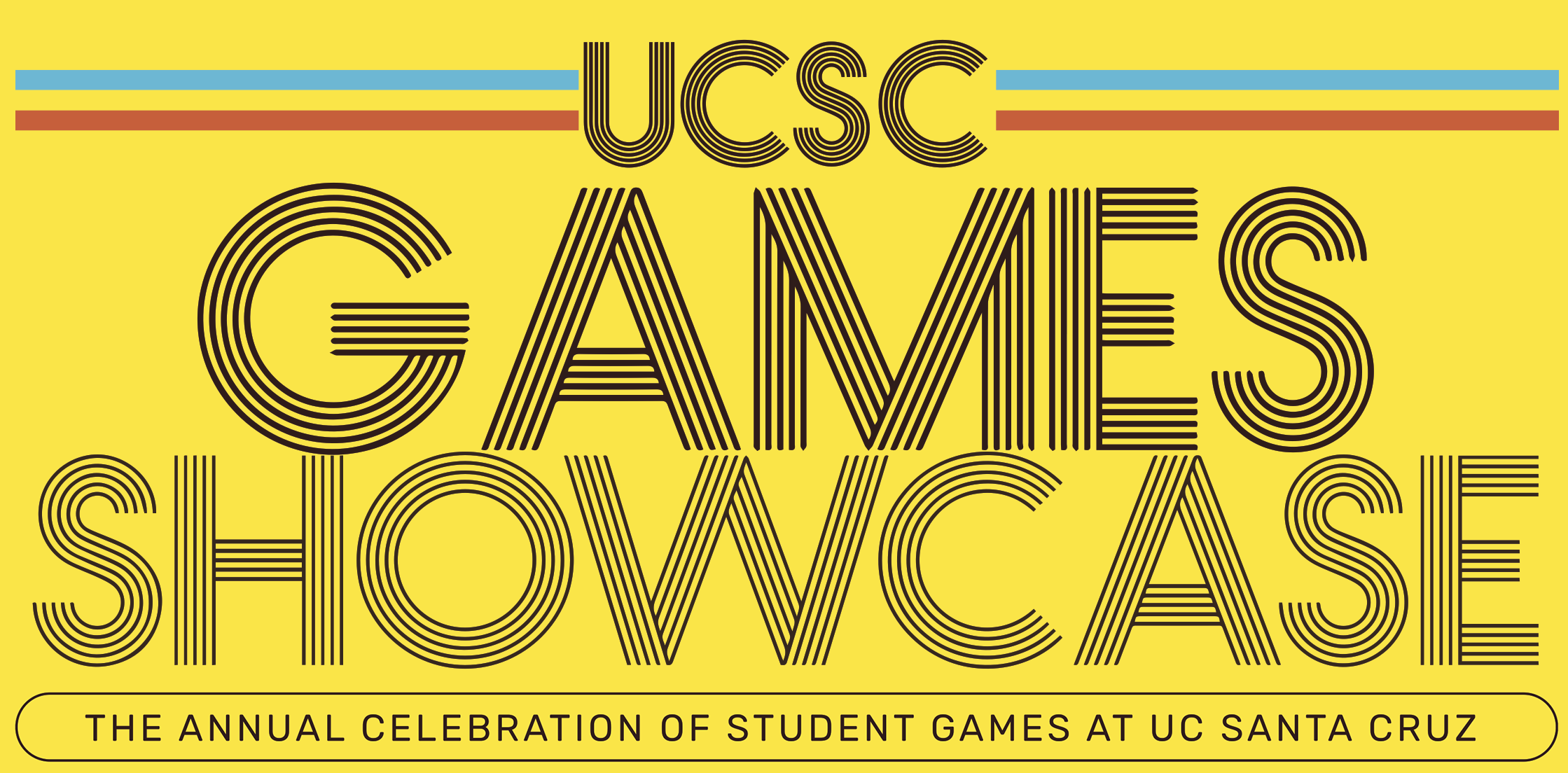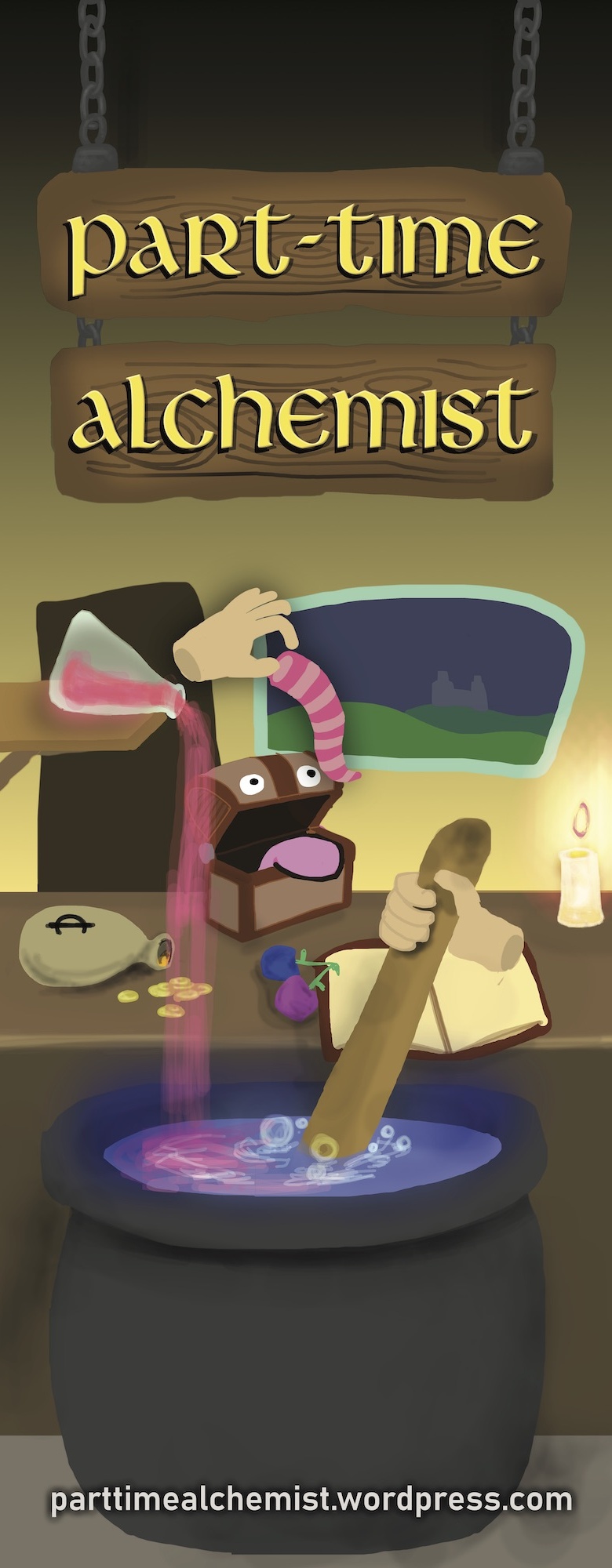Research Talk Abstracts
Research Presentations Program Chair: Breanna Baltaxe-Admony
Session 1
Investigating perceptual expertise for video game faces
Jennifer Day | Psychology
I explore a new approach to studying the development of face expertise by examining digital representations of faces. Typically digital faces have lower recognition scores than real faces, and I propose expertise and style as factors that moderate this boundary. Experiment 1a recruited participants who have played over 50 hours of The Elder Scrolls V: Skyrim as an expert population (experts, n=51) and compared their score on a upright and inverted face recognition task against participants who had not played Skyrim (novices, n=55). We also tested two different races of faces from Skyrim (Nord and Altmer). Participants performed significantly better on upright faces, t(104) = 14.056, p <.0001 and Altmer faces, t(104) = -5.346, p < .001, and expert participants performed significantly better than novices, t(103) = 2.664, p < 0.01. Experiment 1b was a video of gameplay with eye-tracking where participants proportions of fixations on a face were recorded. This face proportion measure did not significantly correlate with any other measure. Experiment 1c wass a survey with questions about number of hours played, video game habits, open-ended questions about experience in Skyrim, and a character recognition task. Experiment 2a compared scores on a upright and inverted face recognition task for morphed photos of faces to 3 different styles of video game faces that ranged from highly realistic (Monster Hunter: World), moderately realistic (Skyrim), and highly stylized (Blade & Soul). Participants performed significantly better on upright faces, t(45) =13.06, p <.0001 and highly realistic faces, F(1, 45) = 54.657, p < .0001. Experiment 2b was a survey with questions about video game habits, perceived task difficulty for experiment 2a, and looking strategies. The results for experiments 1 and 2 provide evidence to suggest that both expertise and style can account for reduced performance in digital faces, and open up questions about how these factors interact.
The Psychological Reality of Procedural Rhetoric
Barrett Anderson | Computational Media
Game scholars make arguments that depend on the idea that games are capable of conveying meaning and making arguments via their mechanics, an information channel unique to games (and other forms of system-driven media) which Bogost has termed "procedural rhetoric." This concept is not intended to just be an interpretive technique for experts, but is also meant to describe the way the general player population experiences games. However, there has never (to our knowledge) been any attempt to use the tools of psychology to ascertain whether procedural rhetoric is a psychological reality for players in general and, if so, under what circumstances and in which ways it is experienced. This talk reports on the first steps in such an investigation. We found (a) that procedural rhetoric has psychological reality, with players accurately understanding that two games meant to have arguments have them, and the purely abstract game we included did not; (b) the understanding of procedural rhetoric appears to be strongly shaped by accompanying media, with the more abstract of the rhetorical games we studied much less clearly understood; and (c) as with any media, even when audiences understand the goal of a procedural rhetoric argument, the impact on their thoughts and feelings may not be as authors intend.
TownSim: Paving the Roads to a Virtual World
Asiiah Song | Computational Media
Situated and grounded environments are strong catalysts for the development of intentional artificial agents. To that end, it may be fruitful to explore the construction and enrichment of a virtual world driven by atomic motivations of artificial agents who live in that world. In this talk, I discuss TownSim, a simulator for 2-dimensional worlds in which artificial agents construct the capillaries of a town, its roads and buildings, as they move about in that world pursuing simple goals such as food and shelter.
Session 2
Different by Design: An Overview of Alternative Controller Games
Eddie Melcer | Professor, Computational Media
Increasingly low cost, availability, and ubiquity of sensors have made incorporating novel technology into games and their controllers a viable practice for many developers. The resulting alternative controller games have become a popular phenomenon, however understanding around the design and application of such games is limited. This talk will present an overview of alternative controller games, highlighting some basic theory, design themes, and potential application spaces for such games.
Acting as an Interface
Nick Junius | Computational Media
While there has been work in interactive narrative built using theory and practice from theater, it has mostly focused on the structure of narrative and how a player's interaction with the plot alters that structure. How a player interacts has usually been tied to common game interaction paradigms. There is an understanding that a videogame player exists somewhere between an audience member and a stage actor but rarely are players allowed to express themselves in a similar way an actor can. This talk argues that that the acting and directing knowledge of theater is a potentially bountiful resource for designing player and NPC interactions. When looking at acting practices, their major concerns with the relationship between character and actor provide useful language to describe and further explore the relationship between the player and their avatar. This talk also proposes one possible way of building systems to encourage new modes of play and alter the relationship between designers, systems, and players.
Chasing play potentials: designing to surface the playfulness in our lives
Ferran Altarriba Bertran | Computational Media
In this talk I will present my approach to play design, as well as the reasons why I think future technology should help us be more playful. I'll discuss the socio-emotional value of everyday play and suggest strategies for designers to promote it.
Session 3
Radical Tunes: teaching kanji through a rhythm game
Oleksandra "Saya" Keehl | Computational Media
Likely, we are familiar with what is colloquially known as the alphabet-song effect: we sing the ABC song to ourselves well into adult years when we need to alphabetize something. My research explores whether this mnemonic property of music can be applied to help people learn and retain the stroke order of Japanese kanji via a mobile musical game. I will share my preliminary experiment results and the next steps for the project.
Learning to Generate Music with Sentiment
Lucas N. Ferreira | Computer Science
Deep Learning models have been very successful in automatically composing music pieces with short-term dependencies. However, it is very hard to control such models in order to guide the compositions towards a desired goal. In this presentation, I'll talk about my recent results on controlling Deep Learning models to automatically generate music with a given sentiment.
Titled, "Untitled" - a Compendium of Language Games
Kavi Duvvoori | Digital Arts and New Media
Titled, “Untitled” presents a compendium of language games by the artist in conversation with various models of language. Works in a wiki and a reading room reference theoretical frameworks before implementing them, working with their metaphors, or drawing attention to what the theories exclude. A compositional semantics parses sentences about two rooms while an author interjects other assertions; a general adversarial network simultaneously attempts to generate and detect forgeries of signatures; a word-embedding thesaurus degenerates sentence constellations; 3d word-models fall heavily through gamespace; and common consonants and vowels simulate the cellular automata Game of Life to discover words and a territory.
Session 4
The Unheimlich Nostalgic: Mediation and Memory Within Silent Hill 4: The Room
Ryan Page | Film and Digital Media
This presentation seeks to explore the symbolic and diegetic functions of simulated media artifacts, noise and materiality in video games using a close reading of Silent Hill 4: The Room (2004) as its focal point. In particular, it is focused on exploring how characteristics of individual media technologies are employed to elicit fear and how these characteristic noises form the basis of a self-reflexive critique of games and gaming culture in general. Simulated mediation is not unique to video games, but the manner in which it is employed in Silent Hill, through diegetic and non-diegetic information, is specific to the medium of interactive games. I draw upon the methodologies of film theory and media ecology in analyzing The Room. Additionally, I highlight moments of player autonomy particular to games studies when player choices pertain to my reading of The Room, such as the points throughout the game in which the character is afforded the choice to participate in acts of voyeurism, or is forced to make decisions during gameplay that lead to alternate endings. Throughout the lecture, the metaphorical relationship of memory to digital media will be explored in relation to the nostalgic and the uncanny; two concepts central to the narrative and semiotic function of media in The Room.
A Framework of Choice Hermeneutics
Cyril Focht | Computational Media
Most of the research that has been done on choice in storygames centers around player experience and the affective impact they have on the player. To form a more complete theory of choice we need to also understand the semantic structures of choices, how they convey meaning, with and without the context of player interaction. In this talk I expand on existing theory of choice poetics by presenting a framework of choice hermeneutics, derived from hypertext theory, for analyzing the structure of choices and semantic effects that can be derived from those structures.
Casual Creators for AI
Kate Compton | Computer Science
Last year I presented on "Casual Creators", a new genre of creativity systems to augment casual user creativity. This year, I'll show how this genre can intersect with AI authoring tools.
See also: last year's talk abstracts.


